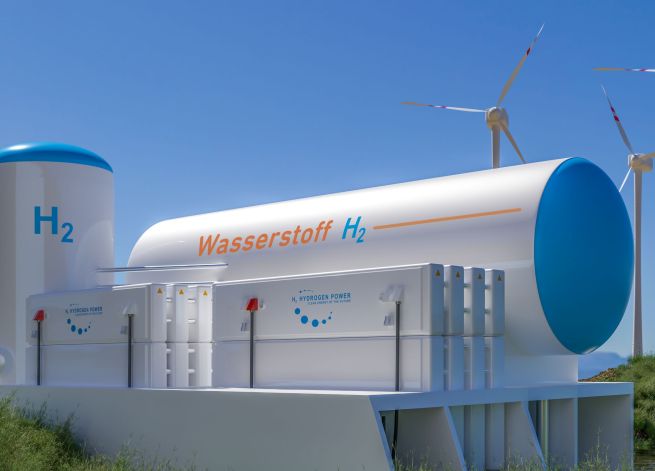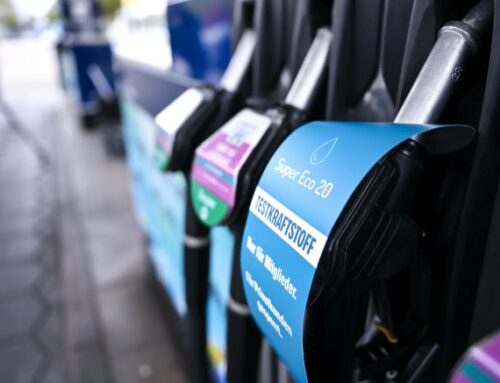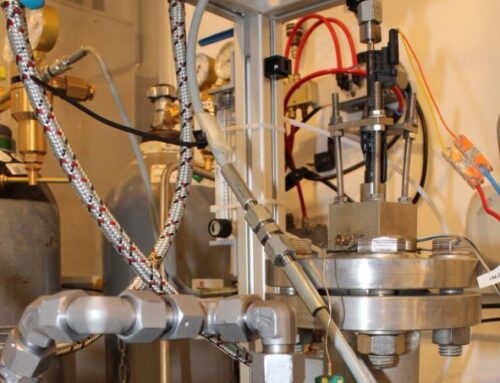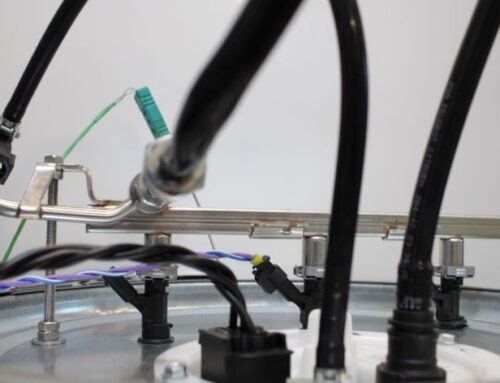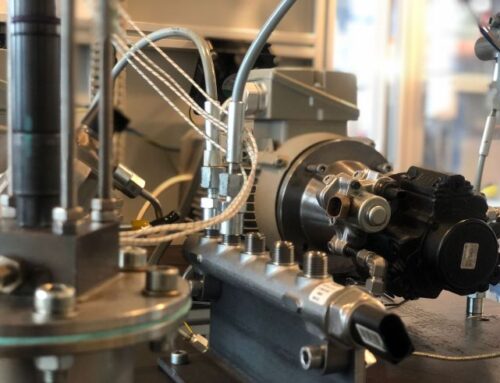Monitoring of process water quality in the lead project H2Giga
28 January 2022 – To ensure the performance and economic efficiency of electrolysers for the production of green hydrogen, Tec4fuels GmbH and Dechema Research Institute develop a fluid condition monitoring system to monitor the quality of the water used in the electrolysis process. During the electrolysis of water, various impurities enter the process water or electrolyte. Detecting and determining them and investigating and optimizing their effects on water qualities and the effectiveness of water purification systems is the subject of the “Fluid Condition Monitoring (FluCoM)” research project.
The joint project is part of the hydrogen lead project H2Giga of the German Federal Ministry of Education and Research, in which more than 130 companies and research institutions are researching and developing processes for the production of green hydrogen on an industrial scale.
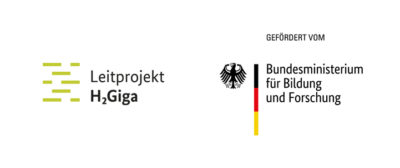
Focus on electrolyser process water quality
Currently, electrolysers are already in operation, although no or only some information is available to evaluate impurities and necessary water qualities. Lack of water purity could lead to forced degradation of electrolysers, an increasing energy demand and early failure of the entire system. Therefore, highest demands on water purity are necessary to maintain operational safety, but this is very cost-intensive. The identification and definition of minimum process water or minimum electrolyte qualities for the respective electrolyzer types aimed at in the project should reduce operating costs and increase the efficiency of the systems. In parallel, the project partners want to combine different existing purification methods of process water and develop them further in such a way that they are electrolyzer-specific and suitable for optimized operation on an industrial scale. The purified process water should be reusable in electrolysis and contribute to higher system efficiency.
To evaluate and ensure the operational reliability of the required minimum water qualities, stress tests of suitable purification processes are planned in the project. For this purpose, the purification systems integrated in a laboratory test rig will be permanently and forcibly loaded with pre-contaminated water in a water-leading circuit (hardware-in-the-loop principle). In addition, the development of an online sensor system for detecting the water quality is planned. As part of the purification system it will enable a decentralized monitoring of the supply flows in future overall systems.
About the hydrogen lead projects
The hydrogen lead projects form the largest research initiative to date of the German Federal Ministry of Education and Research (BMBF) on the topic of energy transition. In the industry-led flagship projects, industry and science are jointly developing solutions for the German hydrogen economy: series production of large-scale electrolysers (H2Giga), production of hydrogen at sea (H2Mare), technologies for the transport of hydrogen (TransHyDE).
